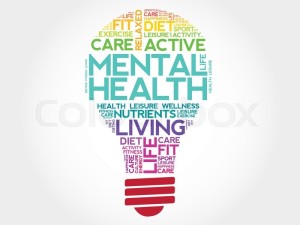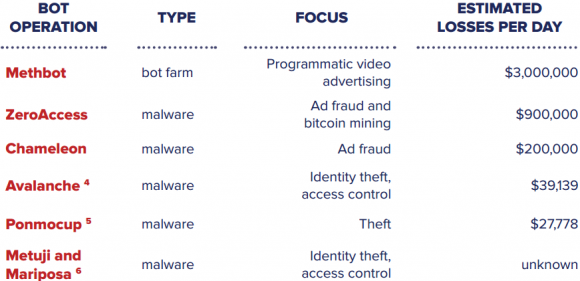Someone in your life is suffering from a mental disorder right now. You may not know it, but it’s there.
One in five adults suffers from a mental disorder, but society has trained us to believe mental illness is something to be ashamed of, so a majority of the afflicted hide it and go untreated. Also, patients are often perceived as being dangerous or incompetent, with little hope of recovery.
It’s time to recognize that depression, anxiety, bipolar disorder, schizophrenia and other mental health conditions are every bit as serious and debilitating as physical conditions, and address the inadequacies in the medical community’s approach to treating them.
Technology will be a critical component of the solution — and a great deal of that technology already exists. Furthermore telemedicine is an effective tool for expanding the reach of traditional practitioners to treat patients in underserved areas.
Indeed, there are many new apps which may be useful:
- Purple Robot tracks your movements and phone usage looking for signs of depression.
- SilverCloud Health delivers patient recovery and engagement rates on par with traditional face-to-face therapy.
- Ieso Digital Health allows patients to text in real time with their therapist semi-anonymously from anywhere, helping to reduce and eliminate stigma.
- Zenta monitors physical health, such as your heart rate, but also perspiration, respiration and temperature and cross-references this data against other data from your smartphone in order to understand cause and effect, and now it’s trying to create a pattern about indicators for mental health.
- Eliza app asks users to record a voice memo, say, venting about an issue they’re dealing with at work or simply reflecting on their day. The app turns the user’s speech into text that’s ready for sentiment analysis. After each memo is quickly analyzed, Eliza generates an infographic that shows users whether they sound happy and calm, mostly, or maybe stressed and in need of support from friends and therapists. It also lets users see, over time, how they’ve been feeling.
This progress gives cause to be optimistic about dramatically reducing the number of untreated patients as quality improves and adoption grows among payers, providers and consumers.
https://techcrunch.com/2016/12/24/technology-and-todays-vast-and-immensely-underserved-mental-health-population/https://techcrunch.com/2016/06/20/the-zenta-wrist-wearable-tracks-your-mental-health-not-just-physical/https://techcrunch.com/2016/05/08/the-eliza-app-makes-mental-health-tracking-as-easy-as-talking-to-yourself/








